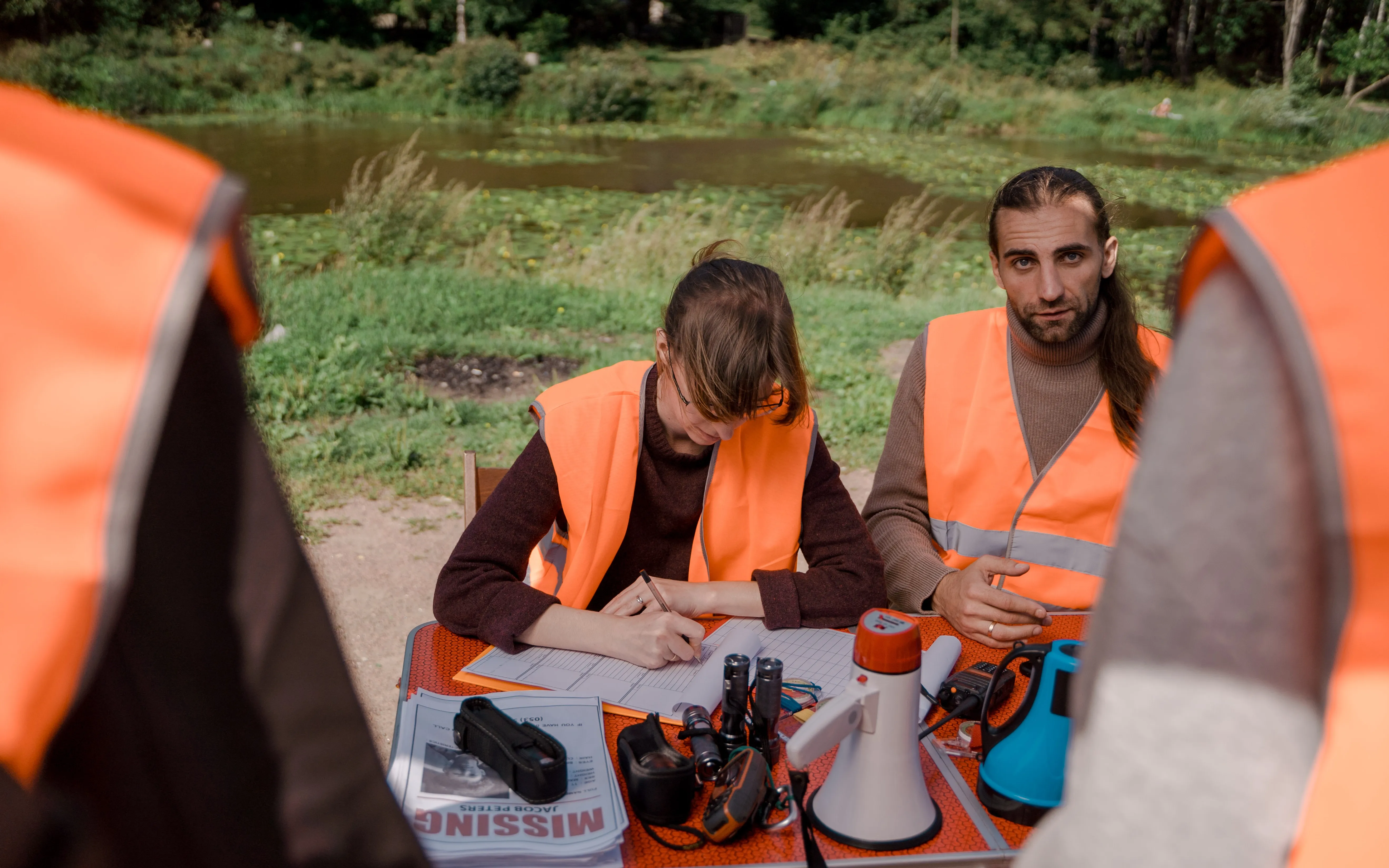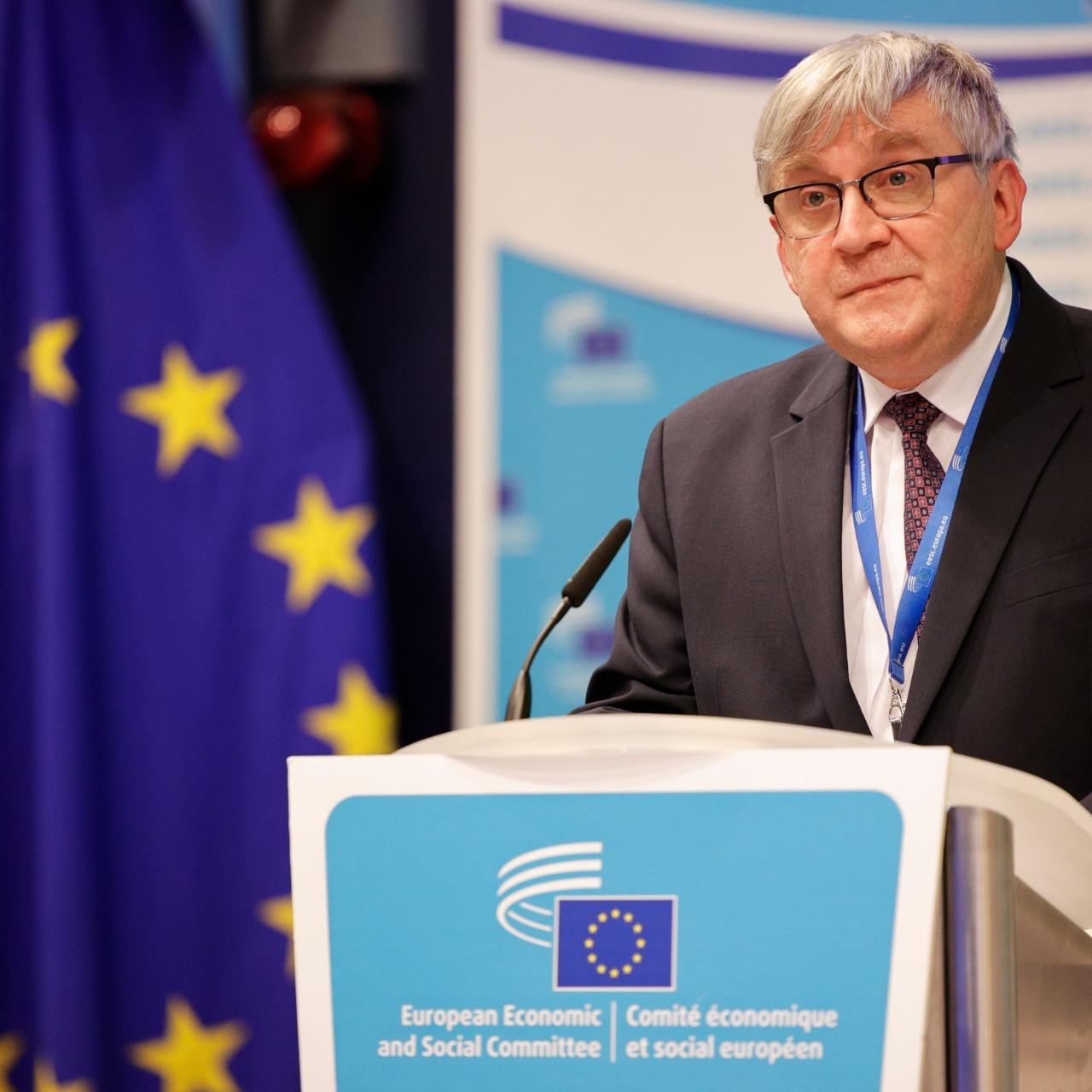
Volunteering involves millions of citizens in the European Union acting out of solidarity for others.
In the recently adopted European Economic and Social Committee Opinion “Volunteers – Citizens building the future of Europe”, we have stressed that in the debate on the future of Europe policy-makers must be aware that Europe's future will be shaped not only by politicians and institutions, including civil society organisations, but also by millions of citizens – volunteers who spend their time and energy every day acting in solidarity for the common good within and outside civil society organisations.
The Opinion highlights that volunteering involves millions of citizens in the European Union acting out of solidarity for others, individually or within organised structures (both informal and formal) and that this movement requires systematic and thoughtful support, at both EU and Member State level. We explain that this is because its impact on social development is many times greater than any potential cost. The EESC would like to see positive qualitative changes in this support in the coming years that better reflect the value of volunteers for the future of Europe. On this basis, the EESC calls on the European Commission to take action to declare 2025 the European Year of Volunteers.
We foresee that this European Year of Volunteers would be a way of paying tribute to the millions of volunteers who have demonstrated their significant social role, especially in recent months through their efforts to combat the effects of the pandemic and additionally a way of further promoting the idea of volunteering in the societies of the Member States, encouraging more people to volunteer and showing that this is an inclusive, universal activity that involves people from all groups and backgrounds regardless of their age and place in society.
It would also be an opportunity to exchange experiences and know-how between the authorities of the Member States on legal and political instruments to support the activities of volunteers and serve as an inspiration for the European Commission to expand and create new programmes addressing volunteers of all ages as well as a way to promote understanding of critical projects for the future of Europe and its citizens, providing objective data and facts and combating fake and biased information.
Following an Opinion adopted in 2013 the EESC once again calls in this new Opinion on the European Commission to take decisive action to draw up detailed rules allowing for comparable data collection on volunteering activity from all the Member States, stressing that without reliable data it is impossible to pursue an effective policy in any field.
Furthemore, due to the fact that activity of volunteers has real economic value (amounting in many countries to more than 2% of GDP), that in many social spheres volunteers are necessary to ensure the basic needs of citizens, including their safety and that volunteers play a crucial role in implementing all the UN Sustainable Development Goals and are also present in every social and age group the EESC thinks it is unreasonable to limit EU-level and EU-funded volunteer support programmes to just young people. The EESC underlines that better data collection, going beyond GDP and economic value to also look at for example time dedicated by volunteers, their age, gender, areas of activity and added value to society more generally, such as health and well-being, quality of life and social cohesion indicators, would be of all-round benefit.



Add new comment